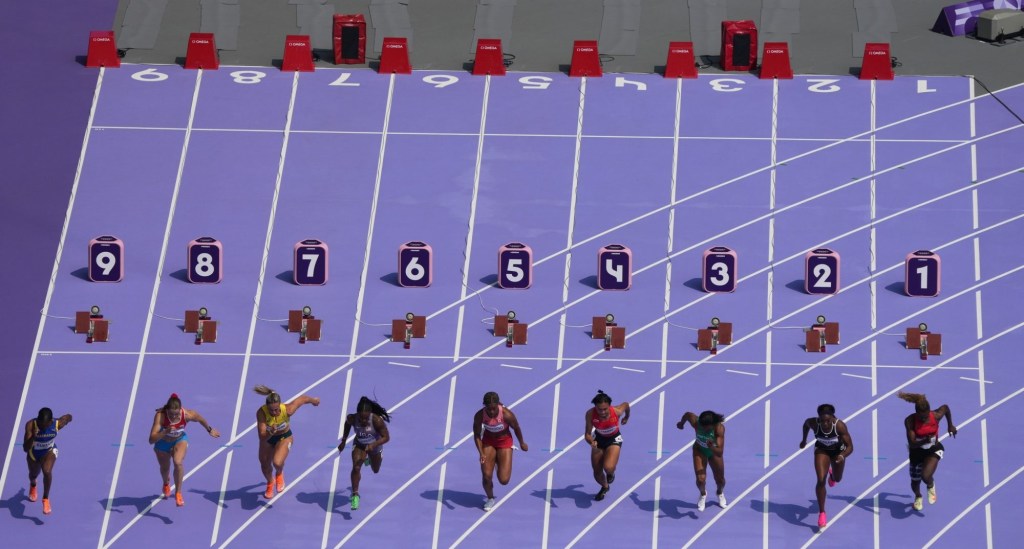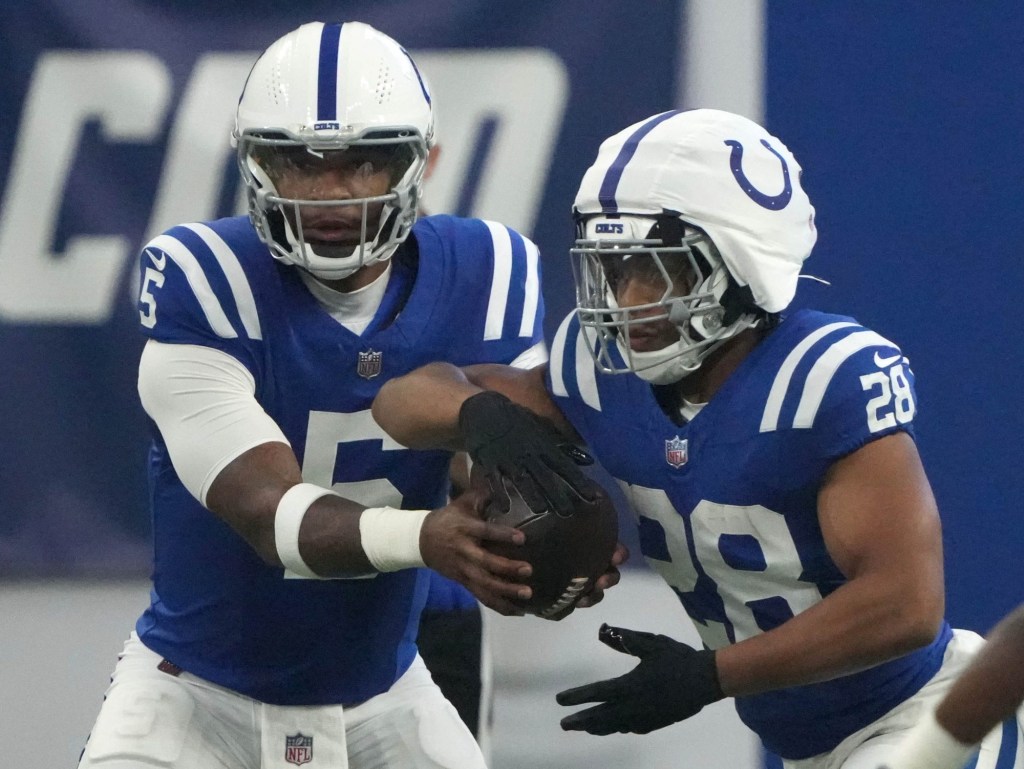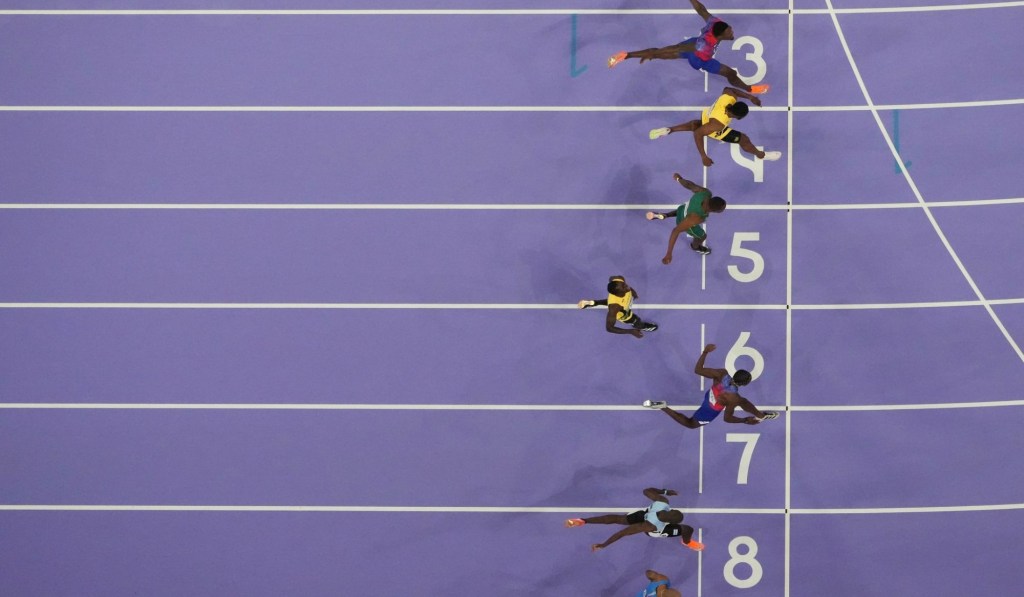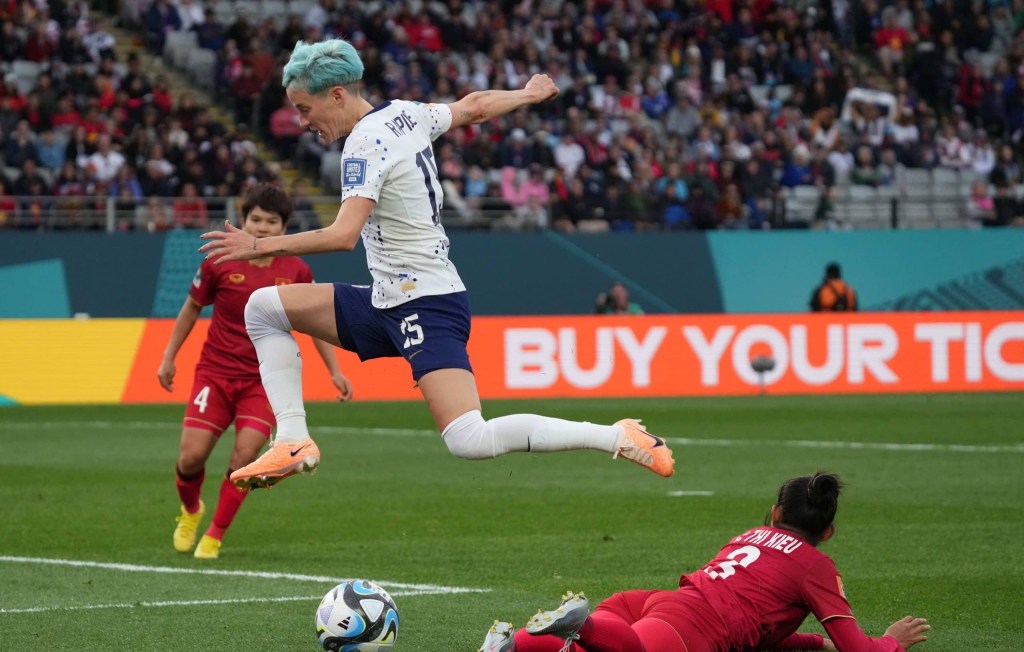As practices, games, and travel have been canceled across the board for the foreseeable future at the youth sports level, applications on mobile platforms are emerging as the paramount replacement for the in-person elements of sports for children.
“One week ago today in our world, things changed,” said Rich Abend, CEO of Famer, an interactive virtual coaching and training app that launched just one year ago.
In just the past week, those companies dedicated to meeting the sports education, practice and training needs of young and amateur athletes through technology have seen their products skyrocket in popularity.
For example, apps like Techne Futbol, which features guided curriculum, progress tracking and competitive elements like leaderboards, climbed to No. 6 on Apple’s sports app top charts. The app was developed by long-time pro and former U.S. Women’s National Team player Yael Averbuch.
HomeCourt, a basketball app that uses iPhone and iPad cameras to capture and analyze athlete’s play to help them train, and TopYa! Soccer, an app that hosts instructional videos and encourages users to share videos practicing the skills, both cracked the top 15.
“This is now a need of the industry. Whoever saw this coming? We want to be there for these organizations. The amount of interest we’ve already seen – we’re talking three, four times in the first few days,” Abend said.
Famer has seen usage of its app double almost every day since late last week when cancellations across the youth sports landscape began, Abend said.
Even before social distancing swept the country, the platform had seen steady growth heading into spring sports, resulting in about 5,000 users. But within the last week alone, Famer has already surpassed its April projections before the month even started.
Abend said he expects to see 20-25 times their usual number of users through April and even more in May, given the current coronavirus outlook. Without any additional marketing efforts, Famer has fielded an enormous amount of inbound calls per day, including early-stage inquiries from groups like Little League.
READ MORE: Marble Racing League Shoots Ahead During Global Sports Hiatus
Averbuch said Techne Futbol app usage is up 30 times what it was before the push to social distance and minimize group activities nationwide and added that “hundreds” of clubs and teams have reached out over the last few days resulting in spikes in sign-ups among that group.
“What was before a supplemental resource for teams and clubs has now become their primary source of curriculum for the players,” she said.
Both platforms have worked to respond to the demand as rapidly as possible.
Famer is ramping up specific offerings, with a plan to include sports like football and tennis as quickly as they can. The platform says it has seen interest from every significant youth sports organization, many of whom feel they were previously unprepared to engage with their athletes and youth participants remotely.
Youth sports is a $19 billion – and growing – industry, and cancellations have an impact on thousands of organizations and individuals working within the space. With tech-powered training options, clubs, coaches, and trainers also have the opportunity to augment their lost earnings on these mobile platforms through one-on-one sessions, which Famer hopes will help them “avoid a significant loss of revenue.”
Increased use of the app brings valuable exposure for all in addition to revenue.
Famer, which doesn’t charge organizations or teams to use the platform, makes its money from monthly user subscriptions fees. Prices are set for different programs within the app, with coaches dictating their terms for individual training.
The app has, however, started offering participants of clubs like Downtown United Soccer Club and Super Soccer Stars the opportunity to utilize the platform for free or at a reduced cost to support their organizations and participants.
“Part of the way we’re thinking about this period is that we want to be a resource for the industry, meaning this isn’t as much about us charging up and making a ton of money,” Abend said. “We want coaches and trainers to be able to earn their living, and the main goal is just to keep the connection between the organization, the parents and the kids to give everyone something to do and keep them active.”
Famer is also working to offer special programming in addition to discounted pricing, some of which will shift slightly outside of sports to respond to the current crisis.
“We’re working with groups to start offering things for free to kids to keep them moving,” Abend said. “Mostly around sports – skills, drills, moves – but we’re also going to incorporate just fitness and active lifestyle stuff. That’s not our focus, but with kids stuck in their room or in their houses or if they’re lucky enough to have a backyard or a driveway, we’re really trying to understand the moment.”
The company sees value in discounting pricing and potentially losing out on some of an increased revenue stream in exchange for supporting the industry they want to partner with and driving usage and users to the platform instead. It’s a long-term strategy developed during what may become a long-term change in sports culture.
READ MORE: Baltimore Ravens Pump Up Podcast Content For Fans At Home
The Techne Futbol app has seen a similar increase in interest among youth clubs but also at the college level, “who would usually be having organized group sessions right now,” Averbuch said.
And as a greater number of days pass without group sessions, the app has seen interest, sign-ups, and usage all continue to trend upward exponentially. The app, like many other mobile platforms, has shifted from a supplemental resource to a primary one.
“Organizations that before were considering using Techne eventually have gotten all players in the system ASAP and are using the resource to give their players guided training to do but also keep everyone connected during this time through our leaderboards,” Averbuch said.
The similarly subscription-based app offers individual and group options. While neither pricing nor the subscription model has changed, Averbuch said, access has always been a more important consideration than cost.
“Always – even before this time – we never allow cost to be a barrier,” Averbuch said. “We offer a financial aid scholarship if players cannot afford to use the resource and are working with groups during this time to find solutions and make sure that everyone can offer Techne to their players if they feel the resource would be helpful.”
Beyond staying sport-ready, there’s a need right now to simply keep youth active and engaged – moving in an era of limited mobility – which has taken on increasing importance for both the companies behind these on-demand training platforms.
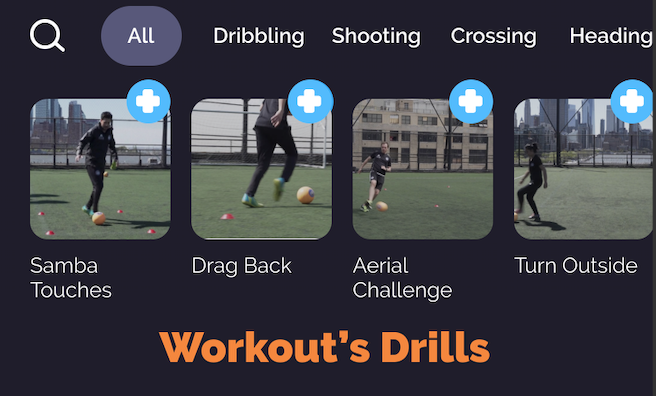
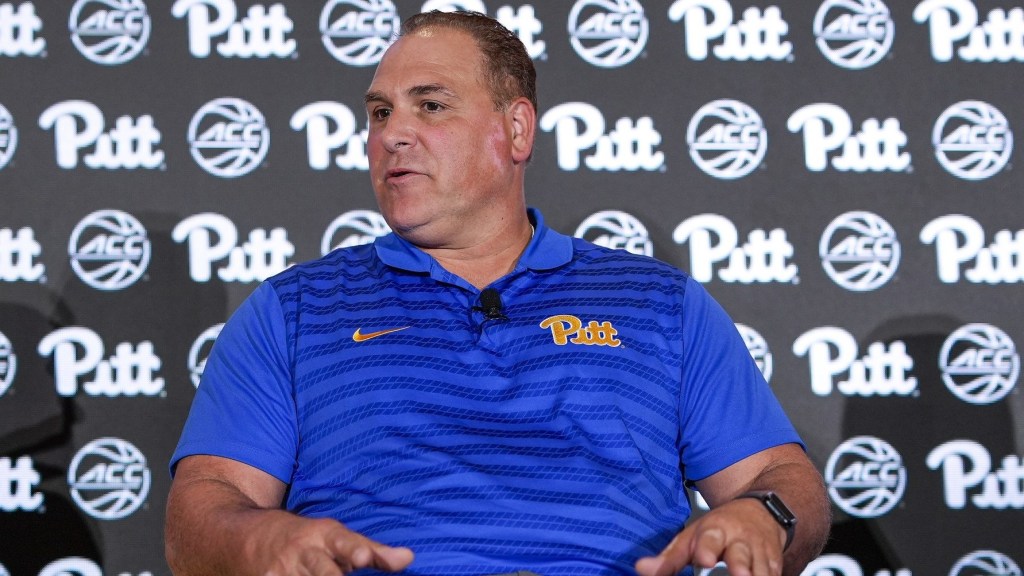





![[Subscription Customers Only] Jun 15, 2025; Seattle, Washington, USA; Botafogo owner John Textor inside the stadium before the match during a group stage match of the 2025 FIFA Club World Cup at Lumen Field.](https://frontofficesports.com/wp-content/uploads/2026/02/USATSI_26465842_168416386_lowres-scaled.jpg?quality=100&w=1024)
![[Subscription Customers Only] Jul 13, 2025; East Rutherford, New Jersey, USA; Chelsea FC midfielder Cole Palmer (10) celebrates winning the final of the 2025 FIFA Club World Cup at MetLife Stadium](https://frontofficesports.com/wp-content/uploads/2026/02/USATSI_26636703-scaled-e1770932227605.jpg?quality=100&w=1024)




